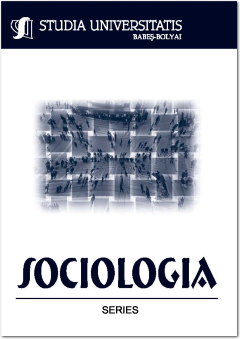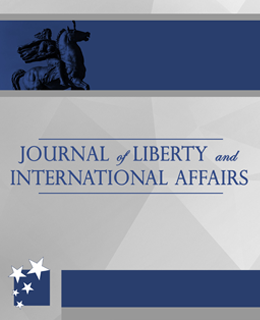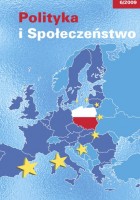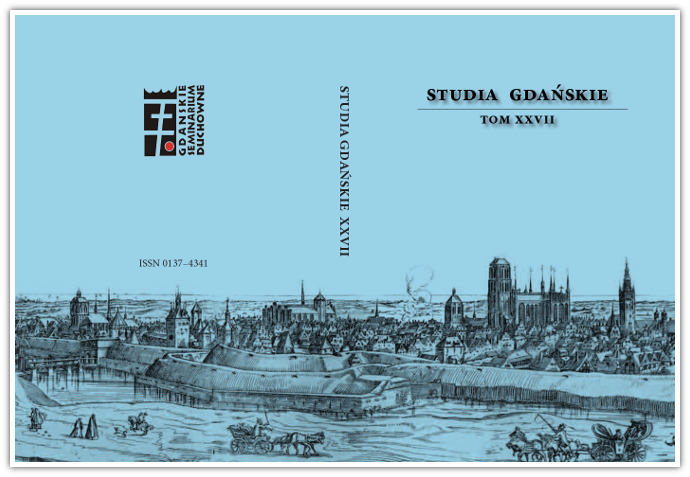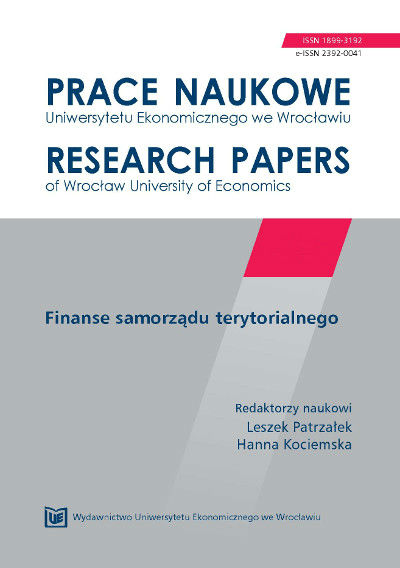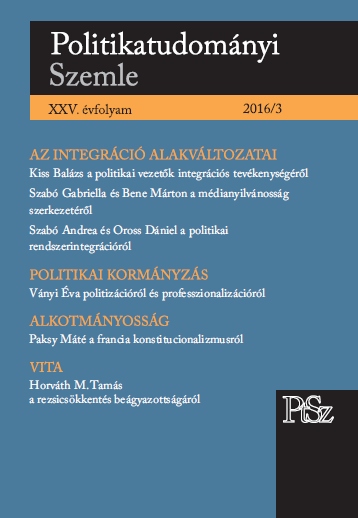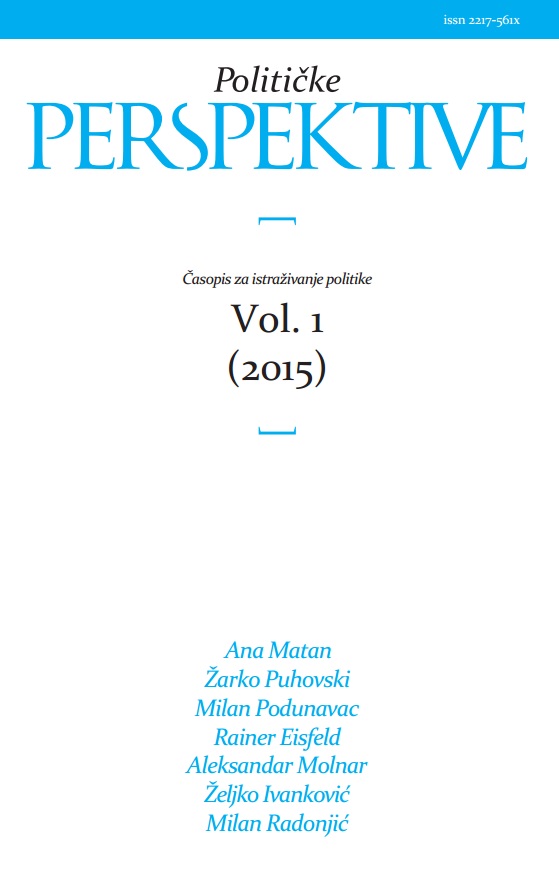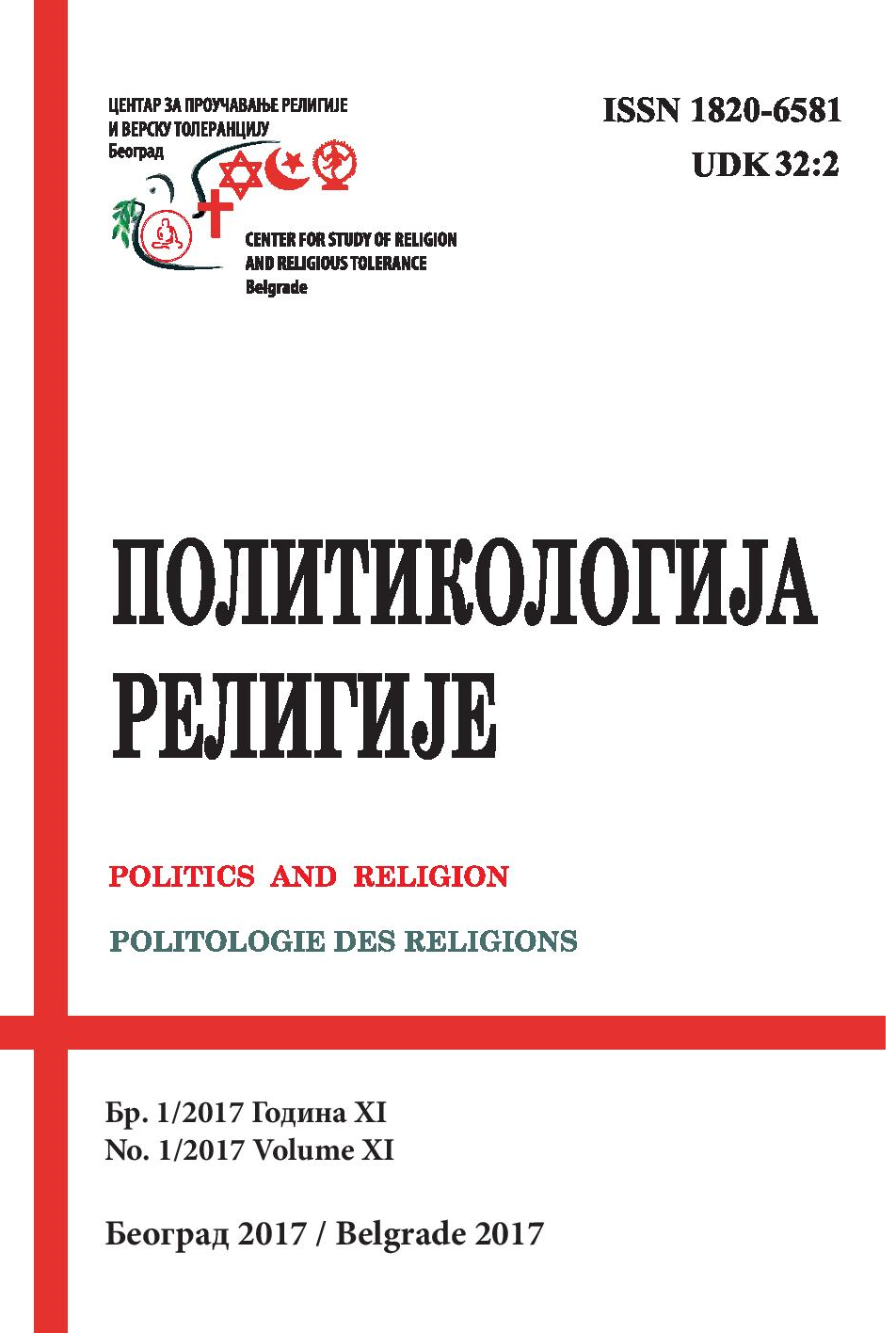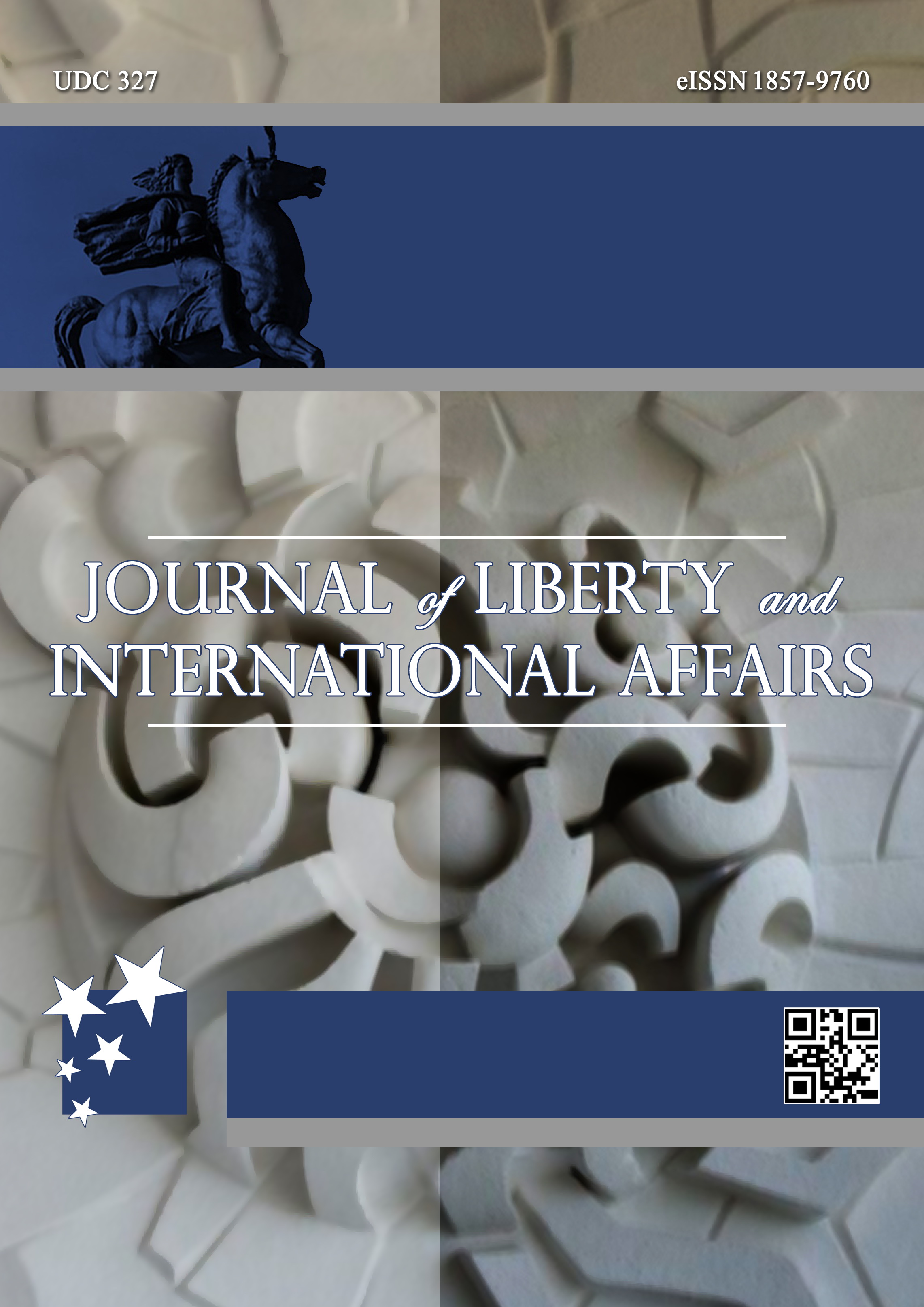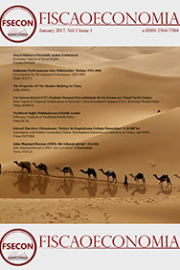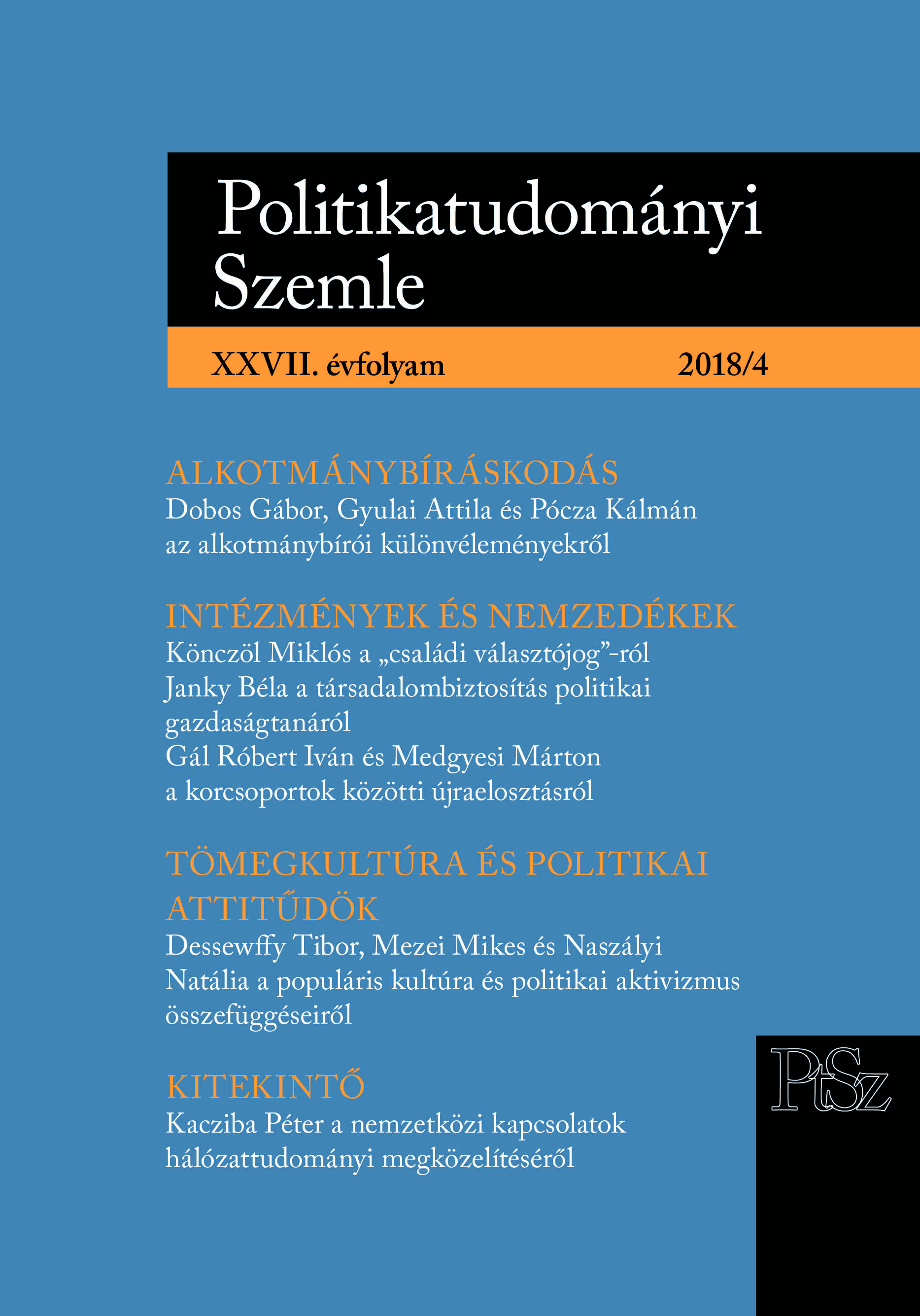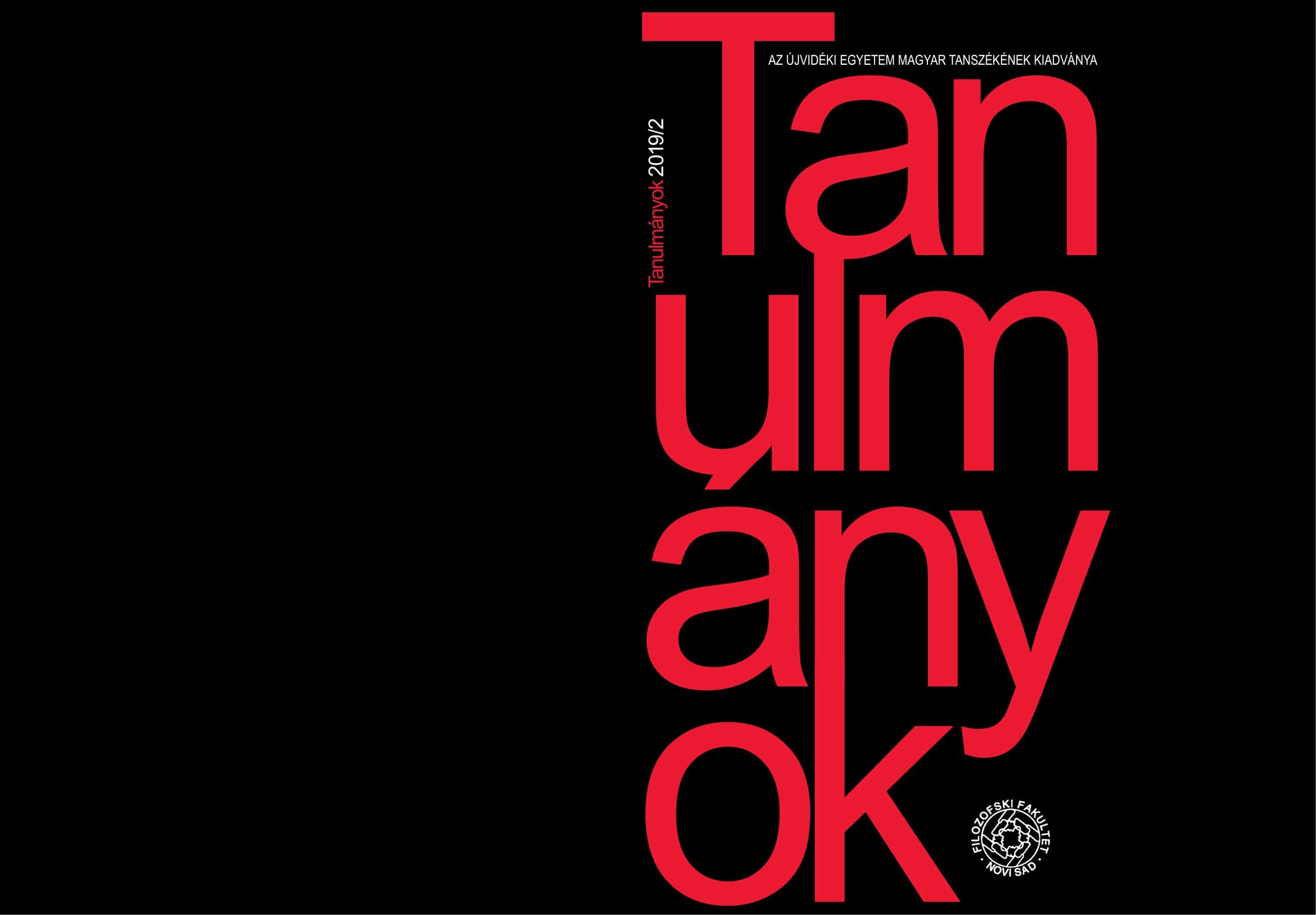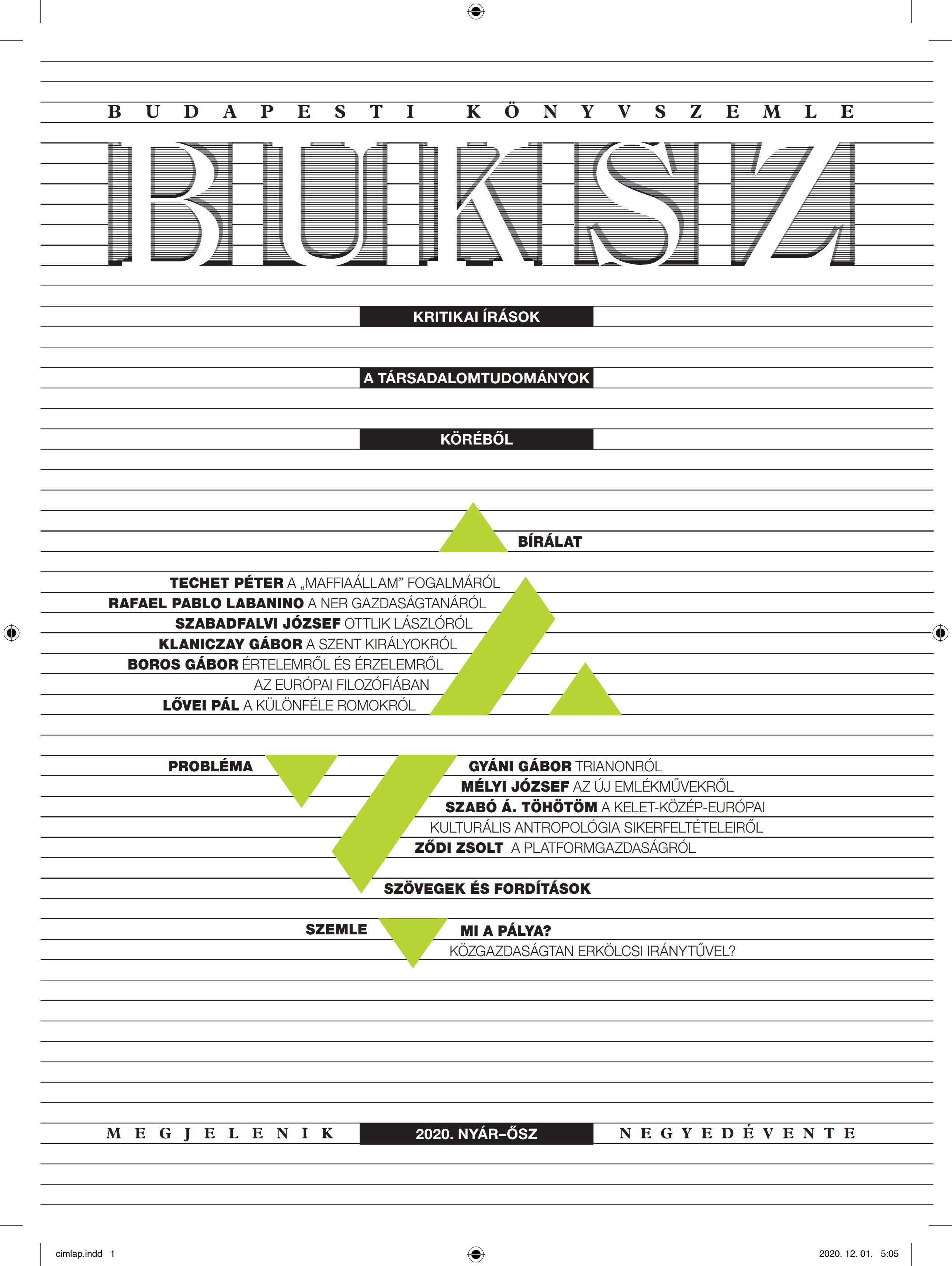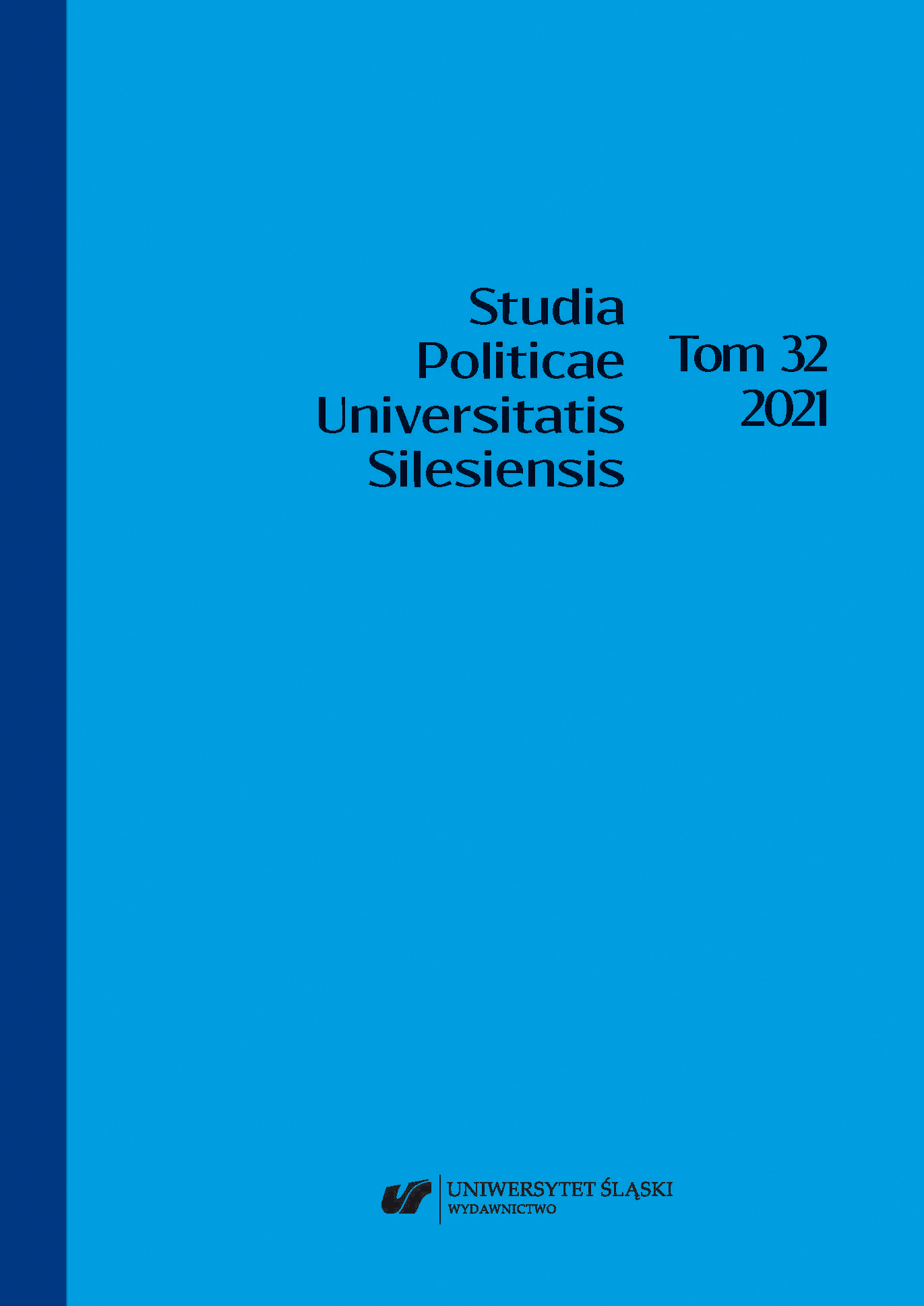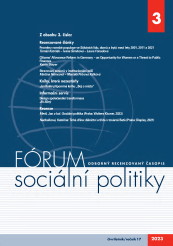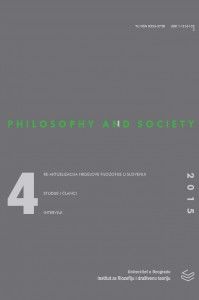
(Re)acting Together: Grexit as Revival of Intellectuals
The paper explores the messages of engaged global intellectuals in the case of Grexit, the case of Greek attempt to break up with neoliberal practices and produce a left turn in politics and society, which was followed worldwide. How their words contribute to the general understanding (if there is one) and change (if there should be change)? What kind of action we can expect from intellectuals, as it is intrinsic to the concept? The issues examined in this paper deal with the intellectuals as bearers of articulating social critique, focusing on the specific Greek case in the time of temptations.
More...
